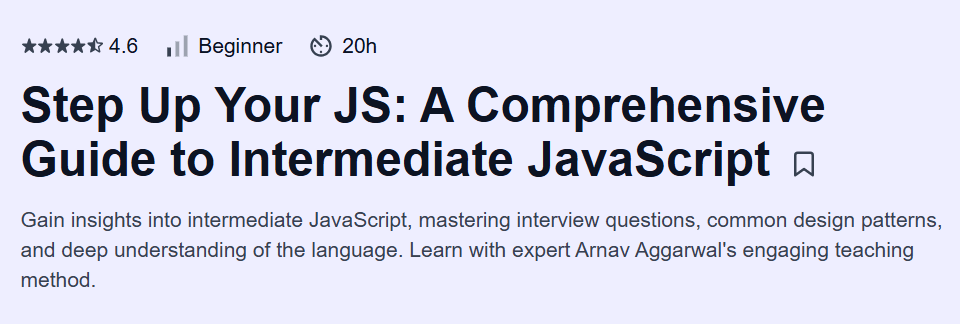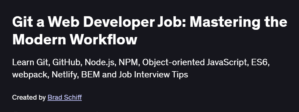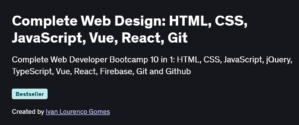What will you learn in Step Up Your JS: A Comprehensive Guide to Intermediate JavaScript Course
Deepen your understanding of JavaScript core concepts and syntax
Master closures, scopes, execution context, and the event loop
Work with advanced object manipulation, inheritance, and prototypes
Improve your ability to write clean, maintainable, and efficient code
Learn functional programming patterns and best practices in JavaScript
Get hands-on experience with intermediate coding challenges and examples
Program Overview
Module 1: Execution Context & Scope
⏳ 0.5 week
Topics: Variable hoisting, lexical scope, global vs local scope
Hands-on: Build nested functions and analyze execution context flow
Module 2: Closures & the JavaScript Engine
⏳ 0.5 week
Topics: Closures, memory reference, garbage collection
Hands-on: Create private variables and encapsulate logic with closures
Module 3: Object-Oriented Programming in JS
⏳ 1 week
Topics: Object literals, constructors, prototypes, class syntax
Hands-on: Build inheritance trees and custom objects with methods
Module 4: Asynchronous JavaScript
⏳ 1 week
Topics: Event loop, callbacks, promises, async/await
Hands-on: Fetch data with async APIs and simulate async workflows
Module 5: Functional Programming Techniques
⏳ 1 week
Topics: Pure functions, immutability, higher-order functions
Hands-on: Refactor traditional loops into functional array methods
Module 6: Intermediate Challenges & Debugging
⏳ 0.5 week
Topics: Debugging with DevTools, performance tips, code readability
Hands-on: Solve intermediate problems and analyze performance bottlenecks
Get certificate
Job Outlook
JavaScript is one of the most in-demand languages across front-end, full stack, and serverless development
Intermediate JS skills are vital for web developers, UI engineers, and software engineers
Boosts qualification for roles requiring React, Vue, Node.js, and more
Average salary for JavaScript developers ranges from $90,000–$140,000
Specification: Step Up Your JS: A Comprehensive Guide to Intermediate JavaScript Course
|
FAQs
- Covers closures, scopes, and execution context, which are common interview topics.
- Teaches asynchronous patterns like callbacks, promises, and async/await.
- Provides hands-on coding challenges to practice problem-solving.
- Focuses on object-oriented and functional programming patterns.
- Prepares learners to explain concepts and write clean, efficient code in interviews.
- Teaches modular coding practices and object-oriented design.
- Covers functional programming techniques like immutability and higher-order functions.
- Offers debugging tips and performance optimization strategies.
- Provides exercises to refactor and improve existing code.
- Encourages best practices to maintain readability and scalability.
- Explains the event loop, call stack, and task queues in detail.
- Teaches handling asynchronous operations with callbacks, promises, and async/await.
- Provides hands-on examples with API requests and simulated workflows.
- Covers error handling in asynchronous code.
- Helps learners avoid common pitfalls like callback hell and unhandled promises.
- Designed for learners who already understand JavaScript basics.
- Focuses on intermediate concepts rather than absolute fundamentals.
- Provides examples and exercises to bridge the gap to professional development.
- Not suitable for learners with no prior programming experience.
- Prepares students to work on real-world projects and frameworks later.
- Covers pure functions, immutability, and higher-order functions.
- Demonstrates converting loops and iterative patterns into functional methods.
- Teaches map, reduce, filter, and other array methods for clean code.
- Provides exercises to refactor existing code using functional paradigms.
- Encourages writing declarative, reusable, and maintainable JavaScript.





